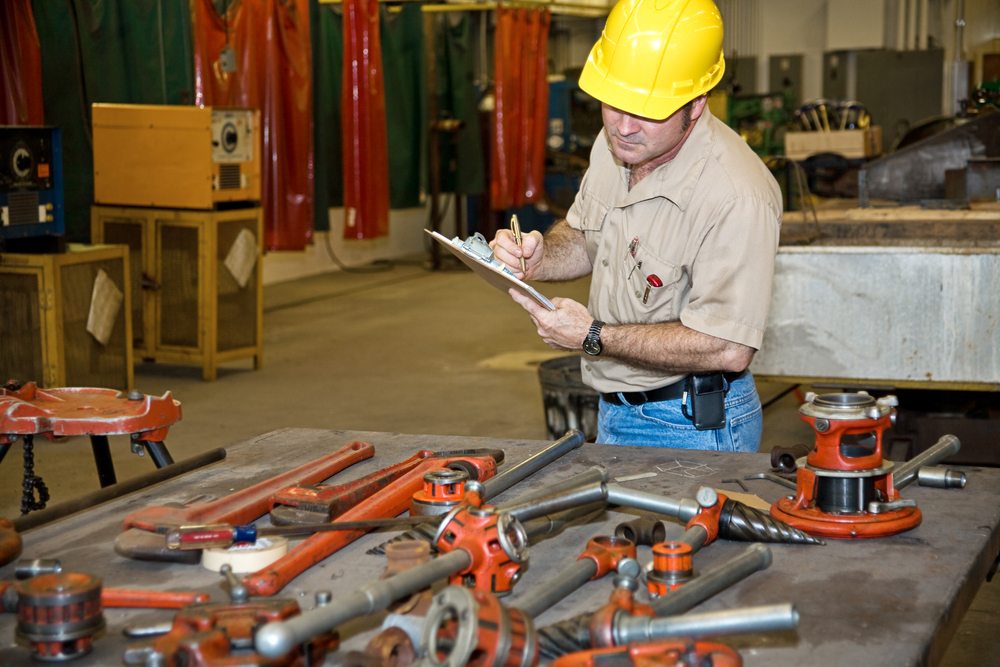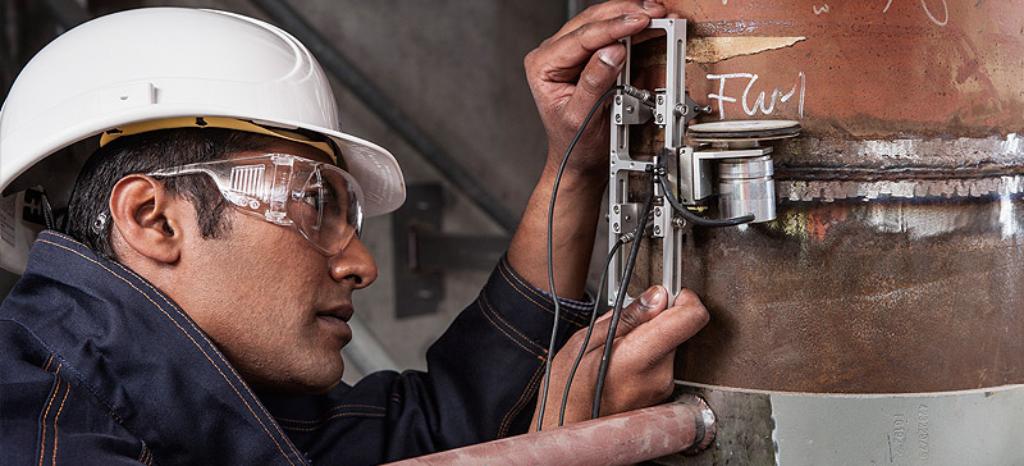Necessary Tips for Successful Welding Inspection Madison Services
Necessary Tips for Successful Welding Inspection Madison Services
Blog Article
The Value of Thorough Welding Inspection in Industrial Applications
In the realm of industrial applications, the significance of thorough welding assessment can not be overemphasized. It plays an essential role in ensuring the architectural integrity and longevity of bonded elements. Advanced non-destructive screening techniques enable the very early discovery of potential defects, such as splits and insufficient combination, which, if left uncontrolled, can lead to tragic failures. Adherence to strict sector criteria not just ensures top quality yet likewise constructs client self-confidence. As we explore the diverse advantages of attentive welding evaluations, one have to consider the wider implications on safety and security, dependability, and cost-effectiveness in industrial operations.
Enhancing Architectural Stability
When it comes to welding evaluation in industrial applications, enhancing architectural honesty is critical. The primary goal of welding evaluation is to guarantee that the welds are qualified of bearing the expected tons and stress and anxieties they will certainly come across in service.
The significance of keeping structural stability in welded frameworks can not be overemphasized. Inadequately executed welds can bring about devastating failures, causing expensive repairs, downtime, and also endangerment of human lives. For that reason, inspectors play an important function in the lifecycle of commercial elements, providing assurance that the welding procedure provides the wanted toughness and resilience.
In addition, advanced modern technologies, such as phased variety ultrasonic testing and electronic radiography, deal improved capabilities in identifying possible weak points, enabling restorative procedures prior to issues rise. By prioritizing the stability of welds via thorough inspection, industries can make sure operational performance and expand the durability of their facilities.
Identifying Welding Problems
Recognizing welding problems is an essential aspect of making certain the safety and integrity of welded frameworks. Common welding issues include porosity, cracks, insufficient blend, and damaging.

Skilled assessors utilize both visual examination and advanced non-destructive screening (NDT) approaches, such as radiographic or ultrasonic screening, to spot these problems. The prompt recognition and rectification of welding defects are vital to keep the architectural honesty and longevity of commercial elements.
Guaranteeing Compliance Requirements
Conformity with well-known criteria, such as those given by the American Welding Culture (AWS) and the International Company for Standardization (ISO), makes certain that welds satisfy minimum safety and high quality requirements. These requirements incorporate a vast variety of requirements, consisting of material specifications, welding procedures, and certification of welders.
Regular audits and examinations are necessary in confirming compliance. Examiners have to Our site have a thorough understanding of the appropriate standards and be experienced at using numerous non-destructive screening (NDT) approaches to evaluate weld quality. By making sure that welding techniques align with compliance standards, firms mitigate the risk of non-conformity, which can lead to legal obligations and security threats.
Furthermore, preserving conformity not just safeguards structural honesty however likewise boosts a firm's track record in the industry. Stakeholders and customers are most likely to trust companies that regularly demonstrate a commitment to quality and safety and security through rigorous conformity. Thus, making sure compliance standards is a vital part in the successful execution of welding in industrial applications.
Decreasing Upkeep Costs

The application of advanced non-destructive testing (NDT) techniques, including ultrasonic, radiographic, and magnetic fragment evaluations, boosts the capability to find subsurface flaws without compromising the structural honesty of elements. By utilizing these strategies, sectors can dramatically expand the solution life of their devices, minimizing downtime and the associated economic burden of maintenance activities.
In addition, a robust welding inspection regimen sustains the optimization of maintenance timetables, changing from reactive to predictive maintenance strategies. This positive method not only stops unforeseen failings however also simplifies resource allotment, making certain that maintenance initiatives are focused and efficient. Inevitably, the financial investment in extensive welding inspection is offset by the significant cost savings recognized via reduced upkeep needs, adding favorably to the overall functional effectiveness of commercial business.
Improving Precaution
Welding inspection plays a crucial duty in this context, as it makes sure that all joints and connections meet rigid security criteria. Comprehensive inspections assist recognize problems such as cracks, porosity, or insufficient combination that might compromise architectural integrity.
Techniques like ultrasonic testing, radiographic screening, and magnetic bit examination enable for comprehensive evaluation without damaging the framework. Executing a durable top quality control system that includes regular training for examiners and welders guarantees adherence to established safety standards.
Finally, fostering a society of right here security within the company emphasizes the value of complete welding assessments. Urging open interaction and partnership amongst inspectors, welders, and engineers adds to a common commitment to security excellence. Welding Inspection Madison. In doing so, sectors can protect their procedures, shield personnel, and preserve public trust fund

Conclusion
Comprehensive welding inspection is vital in commercial applications, substantially enhancing structural honesty and reliability. By utilizing innovative non-destructive about his testing approaches, potential welding defects such as splits and incomplete blend are identified early, guaranteeing conformity with sector criteria and cultivating client trust fund. Extensive evaluations lead to minimized maintenance costs and add to a much safer working atmosphere. Eventually, the diligent implementation of welding inspections plays an important duty in keeping operational performance and security in commercial settings.
As we check out the multifaceted benefits of thorough welding assessments, one have to think about the wider ramifications on security, integrity, and cost-effectiveness in industrial operations.
The key objective of welding examination is to ensure that the welds are qualified of bearing the anticipated tensions and tons they will come across in service. Reliable welding examination plays an indispensable function in lessening these prices by ensuring the honesty and long life of welds, thus minimizing the risk of early failures.Comprehensive welding inspection is indispensable in commercial applications, significantly enhancing architectural honesty and reliability. Inevitably, the thorough execution of welding inspections plays a critical function in preserving functional efficiency and security in industrial settings.
Report this page